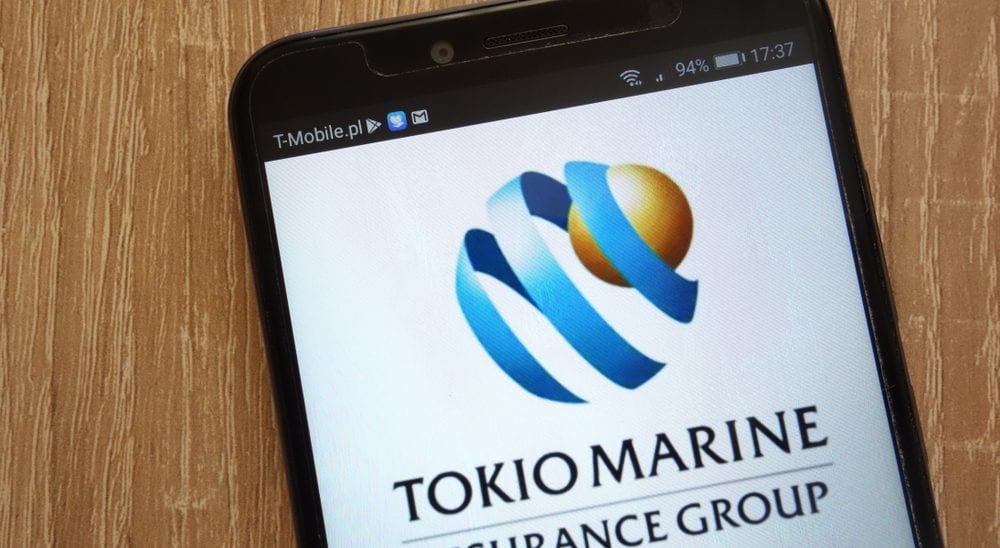Tokio Marine to use Tractable’s AI to help Japan’s drivers recover from car accidents

- It’s the first time that a major Japanese insurer has deployed an AI auto damage assessment solution to accelerate how quickly cars are returned to policyholders
- Tractable’s AI understands and analyses every available repair decision, including recommended repair, paint, and blend operations, and labour hours
- The deployment will result in faster, more accurate auto repairs, aided by AI
Tokio Marine, one of the world’s largest property and casualty insurers*, is to use an AI solution to process auto damage across its insurance operations in Japan, to help drivers recover more quickly from car accidents.
The AI solution, created by Tractable, uses computer vision technology to look at photos of car damage, making sense of it as a human would, in near-real time. Tokio Marine will use the AI to understand the full range of repair decisions available to it, including recommended repair, paint, and blend operations, as well as the labour hours required.
Using AI in this way accelerates how quickly insurers can remotely understand both what has happened to a car after an accident, and what needs to happen next – helping insurers and repairs to agree on repairs more quickly, and getting customers back on the road faster. It’s the first time that a major Japanese insurer has deployed an AI auto damage assessment solution in this way.
Tokio Marine, Japan’s largest insurer**, has worked with Tractable since 2018, with the ambition of improving appraisal operations that require complex visual assessments with a solution based on computer vision. After successful trials of the AI, Tokio Marine will now use Tractable’s technology at one of its claim service centres from April 2020, with the potential to deploy it across the country.
Tokio Marine Group Deputy General Manager Hidenori Kobayashi said: “In Japan, after an accident it can take 2-3 weeks to determine the amount that should be paid. By using Tractable’s world-leading AI to assess car damage, we expect to shorten that time considerably, cementing our position as a company proud to pioneer new technology that transforms the claims journey for our customers.”
Read More: How Tractable is revolutionising insurance with AI
As well as Japan, Tokio Marine operates across Asia, the Americas and Europe.
Alex Dalyac, co-founder and CEO, Tractable, said: “We are honoured to be selected as the AI partner by one of the world’s largest insurers. We see this as testament to the quality of our technology, the maturity of our solution and trust in our people. Computer vision is accelerating accident recovery; the technology is here, it’s on the ground and it’s making a difference.”
The announcement indicates the recent global growth of Tractable, which is headquartered in London, UK. Since being founded in 2014, Tractable now works with major global insurers in 11 countries across three continents, and recently opened a 10-person office in Tokyo to meet Japanese demand for its AI solutions. The company also has an office in New York, and now employs 100 people worldwide.
Tractable’s AI uses deep learning for computer vision, along with machine learning techniques. The AI is trained on many millions of photos of car damage as well as human appraiser decisions, and the algorithms learn from experience by analysing a large variety of different examples.
Tractable’s AI is used by the world’s largest insurers to help their clients recover from accidents and disasters, including Ageas, one of the largest auto insurers in the UK, Covéa, the largest auto insurer in the French market, and Talanx-Warta, the second-largest auto insurer in Poland.
